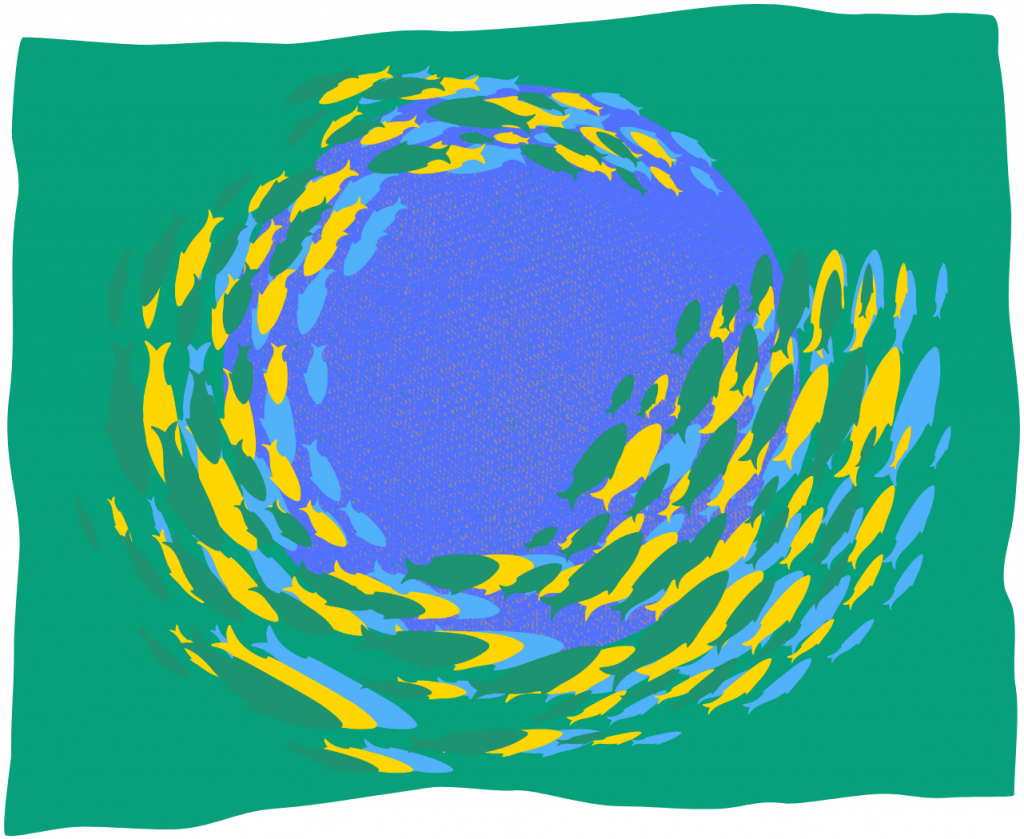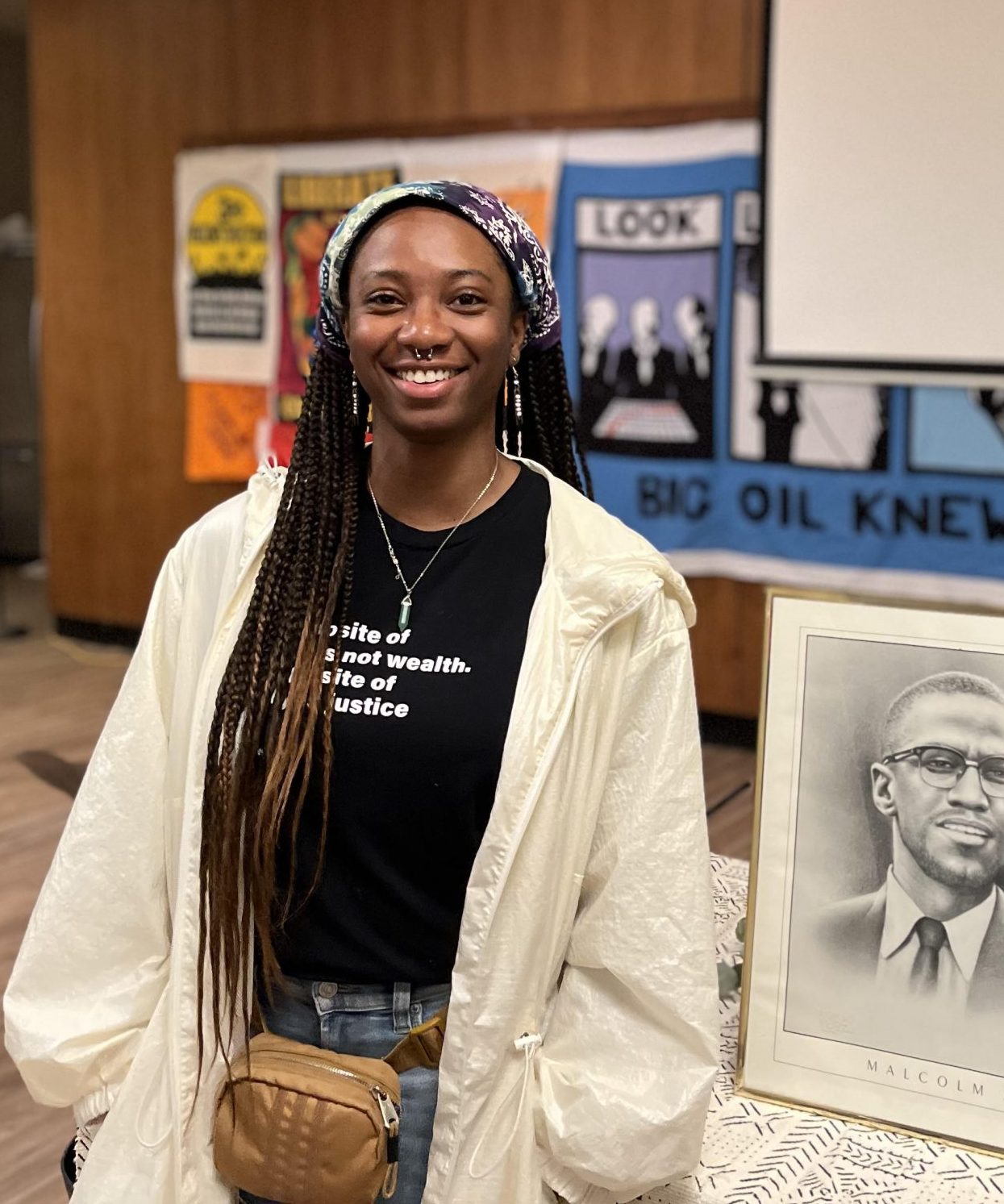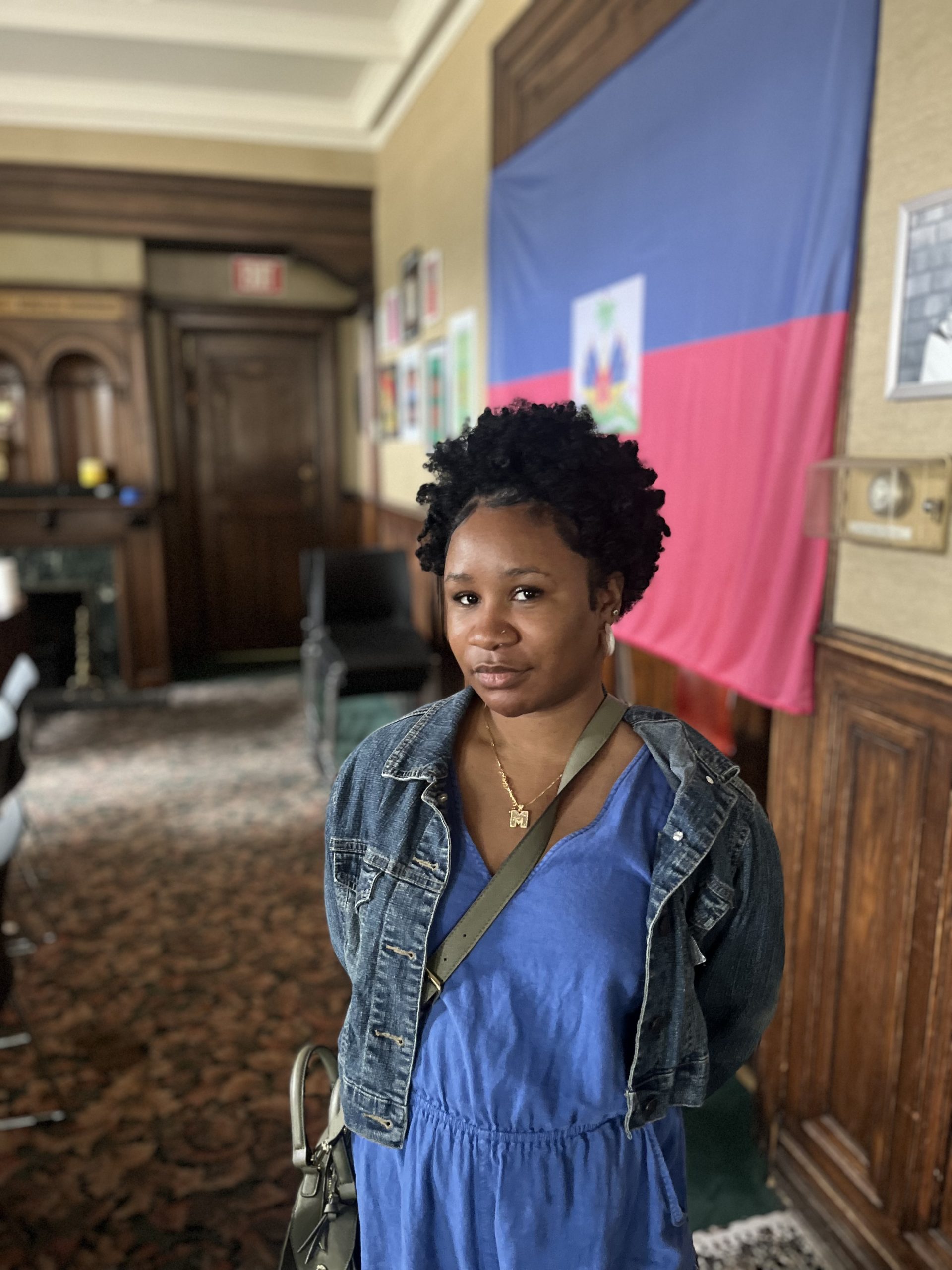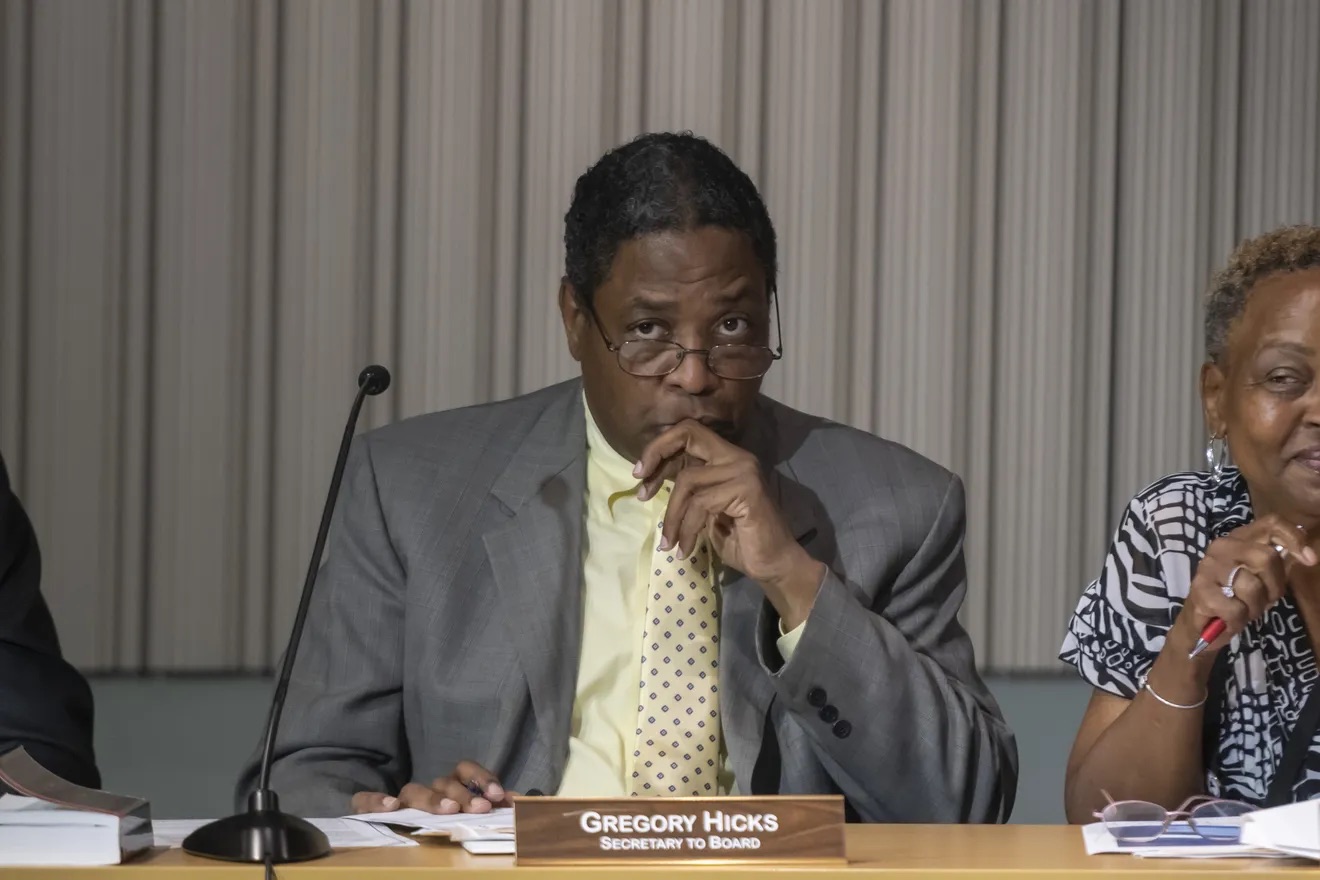Earth Day 2025 Statement | April 22, 2025 Detroit MI
From the start, Earth Day served as a day for NGOs and politicians to raise awareness and money. In truth, in order for us to save our communities, our neighborhoods, our home spaces on this planet, everyday must be “earth day” in raising our consciousness too. Every form of justice, social, economic, and political is about sustaining life on this planet. Our ability to resist exploitation and economic deprivation depends on our ability to defend the land from industrial extraction and degradation and to instead feed, clothe, and house ourselves through more regenerative and nature-aligned methods. All of our efforts for justice require an ecological consciousness that aligns us with and integrates us in nature, natural flows and forces.
In 1994, when the people of Chiapas waged a struggle against the local and federal governments, who were using land theft and violence against indigenous communities to make way for the longer-term economic violence of NAFTA, they did so in defense of the land, the forests, the animals, the water-ways while also in defense of themselves and their way of living. The people of Chiapas understand the survival of the people and the planet’s well-balanced systems to be one thing. Our movements against economic exploitation and environmental degradation are movements for economic dignity and environmental restoration.
When the indigenous and African communities of Brazil (the vast majority of Brazil’s population) rose up against fascist dictatorship, corporate oligarchy, and capitalist exploitation, they identified themselves with the power of the land and their special relationship with their natural ecosystems, fighting against deforestation and against illegal land captures that leave workers landless and houseless. Today such movements continue to actively imagine the regenerative and sustainable systems that protect our future on Earth.
Right now in Korea (like the peace movement in Japan), fighting against militarism, imperialism, and nuclear production, everyday people unite against the irreversible damage to our ecosystem done by regimes that insist on permanent war posture. Their fight for peace is as much about peace between nations as it is about peace between people and planet.
Palestinians not only defend their families and their homes against colonization, but also they defend drinking sources and trees and the lands that feed and sustain them.
In the United States many of our struggles for liberation have worked to unite both rural and urban workers alike to struggle in defense of the land, to fight pollution and degradation of our land, air, and water. Like Fannie Lou Hamer’s Freedom Farms and the food distribution programs of the Black Panther Party and the Young Lords, Indigenous nations and tribes, rural communities, and farmworkers movements continue to struggle against repression at the hands of corporations and governments that extract and dump and mistreat communities.
Today, under the increased threat of repression, we need an eco-friendly movement: organic, rooted, resilient, broadly and tightly interconnected, and self-sustaining. Globally, our grassroots movements empower community, centering our dignity, our creativity, our ingenuity and our courage precisely because we maintain a right relationship with the natural systems of the Earth. We align with the power of the planet and that alignment with and embodiment of nature protects and empowers us. Everyday, earth day for everyday people.



















